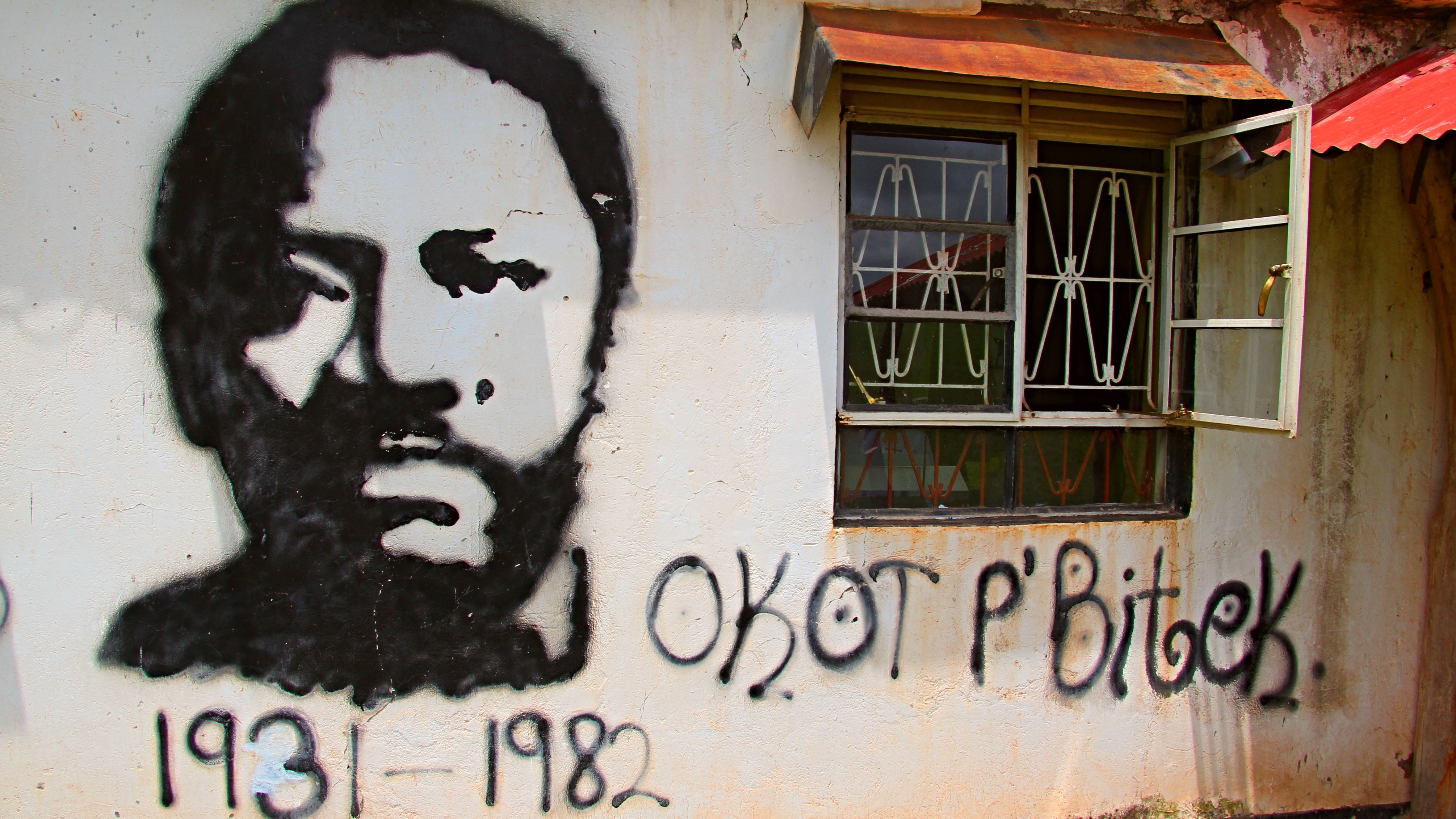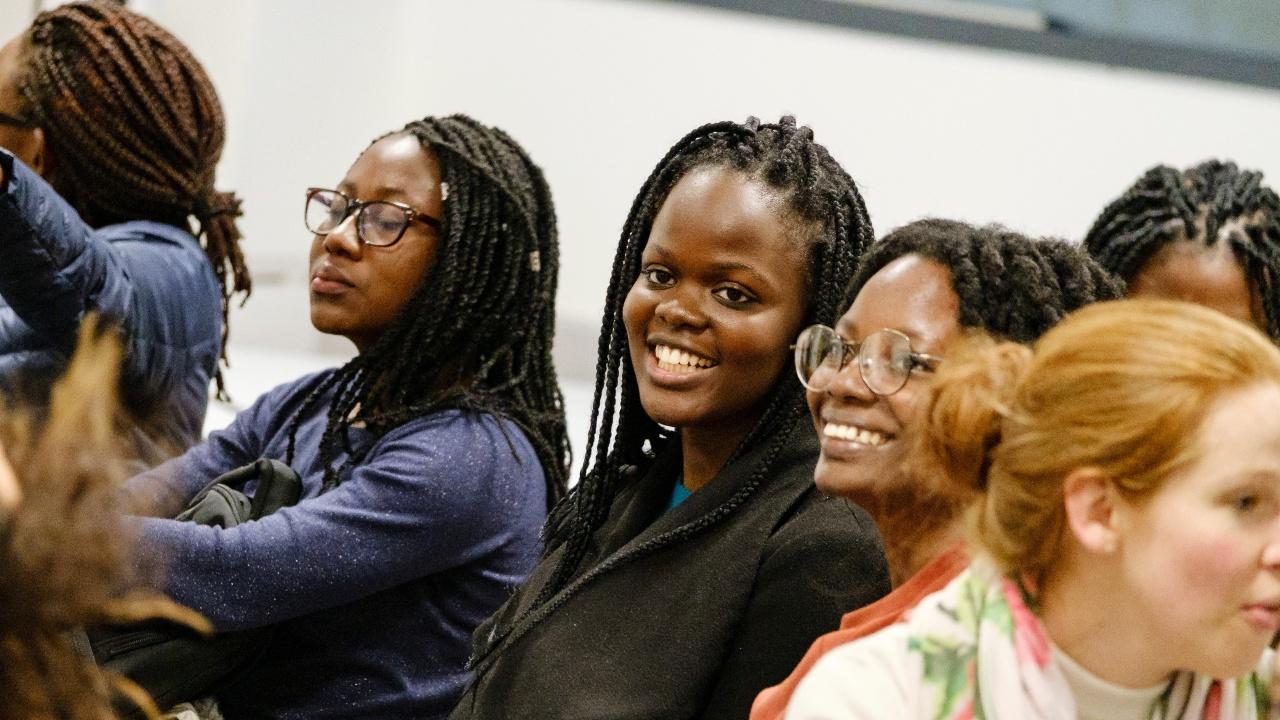Internships can provide vital international work experience that many Africans currently don’t have access to, writes Aggrey Nyondwa.
International mobility has become key to career and personal development. The opportunity to work in a diverse team and gain experience of a new work culture is a significant boost to any budding career. However, for too long, these opportunities have only been available to privileged individuals who have the resources and connections. If the touted ‘globalised world’ is to work for everyone, we must forge opportunities to level the playing field for young professionals from underserved communities like Africa.
With the proliferation of international organisations and multinationals in Africa, inbound labour to Africa has become more common as these organisations recruit expatriates from Europe, North America, and Asia. This mobility, however, is not reciprocated for young Africans. Ideally, qualified young Africans should be allowed to compete for top positions within these organisations, and they should also be allowed opportunities to work across the world in locations where those organisations operate. Instead, there is a perpetuation of discrimination and inequality. Expatriates take up key organisational positions with lucrative salaries and benefits, while their African colleagues are often relegated to the derogatory status of ‘local staff’– at the lowest ranks of the power hierarchy, regardless of their qualifications.
Having worked most of my career in Africa, I know first-hand the challenges of gaining international work experience; immigration bureaucracies, cultural differences, and lack of access to networks. It is no wonder that African professionals often hesitate to venture into the global job market, given the prospect of such barriers. However, as the employment route remains tightly closed to these communities, an opportunity to attain a UK postgraduate degree that also offers a chance to work abroad would go a long way to improve the situation.
How can a UK degree and paid internship help?
LSE enrols about 9,000 international students every year, 250 of those from Africa. Unlike many other students at the university, most postgrad international students from Africa already have significant work experience in their home countries. Despite this, most of them don’t have any work experience abroad. They might have all the technical knowledge and skills for a particular job, but some employers often view this lack of international experience negatively.
An LSE master’s experience surrounds one with professionals from across the world. But it is a great addition for anyone to experience the same kind of diversity in a real work context. Most Master’s programmes in the UK are one year, so there is no mandatory internship period, but the university, given its 65+ departments/divisions and a vast workforce of over 3,300 staff, can open its workspace to some of the most talented and qualified students through a paid postgraduate internship programme. The programme would also match students with LSE’s external partners for placements, which further widens the opportunity.
By doing this, LSE would not only leverage the expertise and skills of these highly experienced students but also, a paid internship programme targeting these communities, could be a great way to attract more students from the African continent. As an employer, it’s a chance for the university to attract and retain the best talent from varied backgrounds and an opportunity to recruit someone who is already culturally embedded with the organisation (initially as a student). The programme would also allow LSE and other universities to reflect the diversity of their student populations in their staff recruitment. Otherwise, it would be hypocritical to boast of a diverse student population if the staff composition is the total opposite.
For students, besides earning them a much-needed income to cope with an expensive city like London, the opportunity places them at the centre of a global workforce where, besides sharing their experiences, culture, and ideas, they have a chance to learn and adapt working cultures and approaches that can be applied elsewhere in the world. This gives them the versatility to move and adapt to any context, which could skyrocket their careers.
This kind of learning and adaptability, alongside an LSE degree, can never leave one the same. And it’s this experience and confidence gained that will help young African professionals to push back against the discriminatory tendencies that persist in international organisations and systems.
The confidence of a young African professional knowing that they can work anywhere in the world will stand them in great stead for the future.
My experience
The African Engagement Programme at LSE’s Firoz Lalji Institute for Africa (FLIA) has already started piloting such an internship programme, and I was among its first beneficiaries. I concluded the internship at the beginning of 2023. When I started – back in March 2022, the internship was only supposed to last for three months, and my role was to support the dissemination of the impact of the Institute’s research. But with time, my role expanded, became more exciting, and I was lucky to work at the Institute for 10 months.
FLIA was a perfect placement for me as it allowed me to interact with academic and policy research about my region. Besides producing engaging student, research, and events content, I led the production of an interesting podcast– Public Authority Podcast and had the incredible opportunity of editing Africa at LSE Blog, one of LSE’s most-read blogs.
This experience would be a significant step in my next journey. As I wound up at FLIA, another opportunity to join LSE’s Marshall Institute beaconed. Here, I would lead Communications and Events for the amazing 100x Impact Accelerator– the world’s largest social impact accelerator. Look, given my humanitarian background, an opportunity to tell stories of organisations that innovatively tackle the world’s most pressing issues like climate change, poverty, refugees, and education was just perfect.
I will eventually head back home to continue my work in communities most affected by disasters, poverty and climate change. But, I will have an LSE Master’s degree, with a whole new way of looking at things and solving problems. I will have a global network of former classmates and colleagues, and the nimbleness that comes with working with an entity like 100x Impact Accelerator. I can almost guarantee that my work will never be the same. But perhaps most importantly, I will have broken down barriers to mobility for people like me. I might be just a drop in the ocean, but it is enough to project possibilities where most would have imagined none.






Aggrey is a true inspiration…
Aggrey, this is a great piece and quite inspirational. The internship programme is a great platform that other institutes and departments should take up. You are right in pointing out the way experience gained from elsewhere (in Africa specifically) is rarely considered. And speaking from a decolonial perspective, I always wonder why this is the case, and given that some of this experience in Africa is also gained while working in International Development. It is also gained while working with the very same people/partnerships and on same issues that we encounter while working in the global North. And last, we can have a private conversation about the ‘Africa as a country’ as it as it appears in the opening phrase ‘many Africans’.
Nice catch @FreedomActivist. Vey happy to discuss the problematic phrasing. Please reach out at a.k.nyondwa@lse.ac.uk